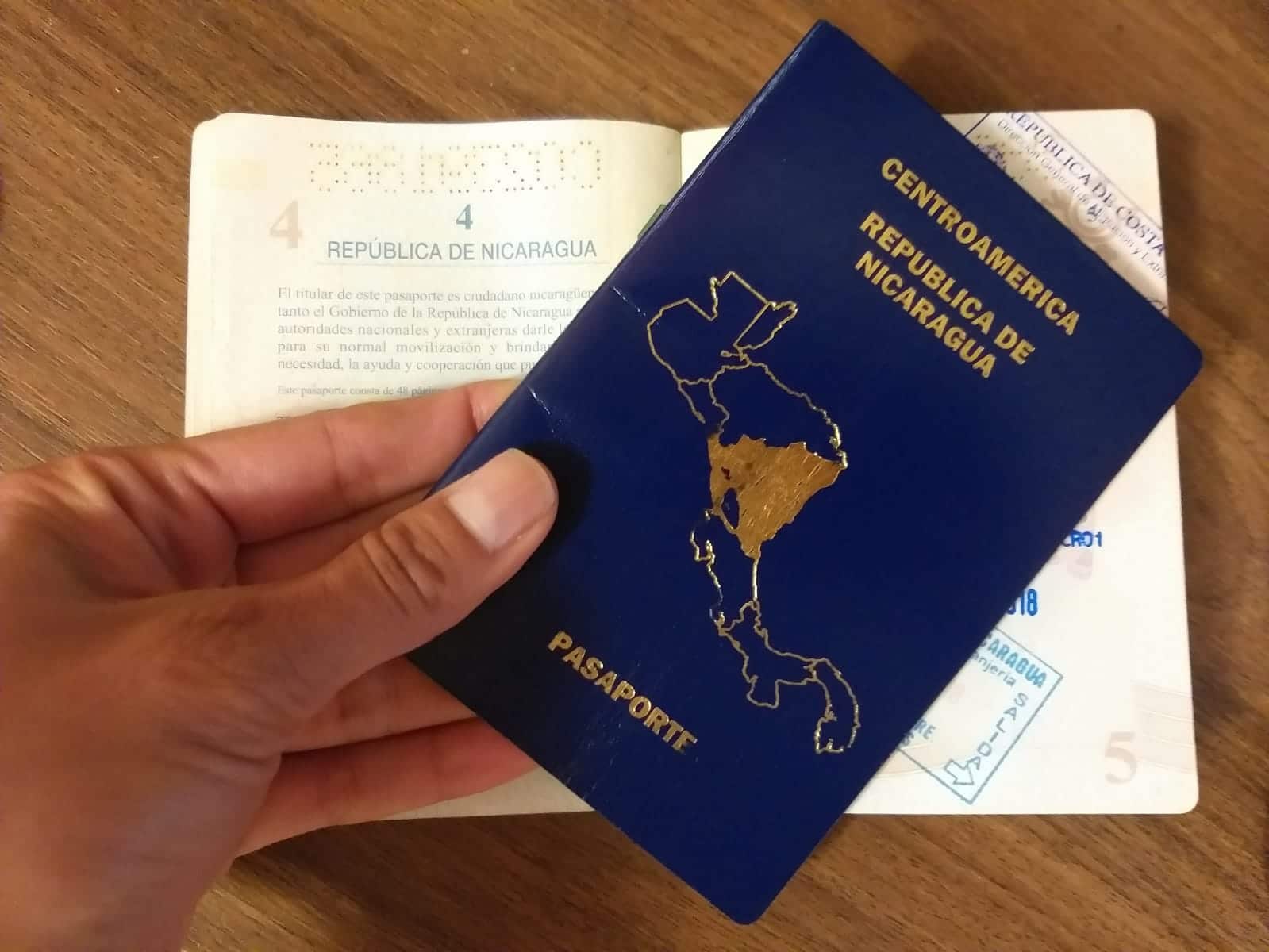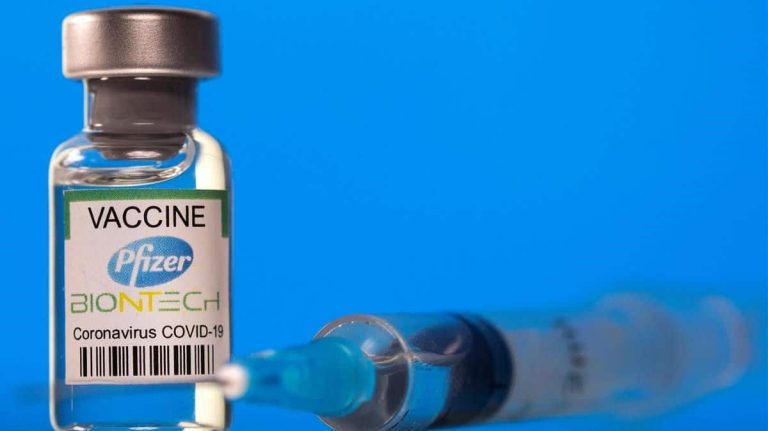18 de junio 2021

Nicaragua: Public Employees Hindered from Traveling to USA

PUBLICIDAD 1M
PUBLICIDAD 4D
PUBLICIDAD 5D
The Pfizer-BioNTech vaccine needs to be kept below -70 degrees Celsius, and Nicaragua's cold chain ranges from -4 to -8 degrees Celsius

Nicaragua does not have the infrastructure to store and distribute the Pfizer-BioNTech vaccines, of which Joe Biden's government will buy 500 million doses to donate to almost 100 low-income countries. Although the COVAX Mechanism and the Vaccine Alliance (GAVI) will be in charge of the distribution, the Pfizer-BioNTech vaccine needs to be kept below -70 degrees Celsius, and Nicaragua's cold chain ranges from -4 to -8 degrees Celsius.
In order to buy this vaccine, Nicaragua would have had to invest in the adaptation of its cold chain, but Daniel Ortega's regime ruled out this option since the beginning of this year, when it promised to buy three biologic vaccines: Moderna, Sputnik V and the Oxford-AstraZeneca vaccine, which were adapted to the country's conditions.
When the Covid-19 vaccine purchase plan was published in January, Rosario Murillo, vice-president and government spokeswoman, acknowledged that the storage of the Pfizer vaccine was the main problem, since it required “a high budget for the cold chain”.
“The requirement of a high budget for the cold chain to preserve the vaccines is a serious problem, especially for impoverished countries,” she expressed through government-related media outlets.
Epidemiologist Leonel Argüello is clear on the matter: “if we do not have freezers at -70 degrees Celsius we cannot receive the Pfizer vaccine donation, everything would be lost,” he said.
He recalled that COVAX is aware of the capacity of the cold chain of each country because it is part of the vaccination plan that the Ministry of Health delivered. Therefore, he does not consider that Nicaragua will be chosen to receive this vaccine, since other countries have created the conditions to conserve the biologic.
Although Nicaragua is part of the list of 92 countries of COVAX and GAVI, which classifies nations by low and middle income as the beneficiaries of the donation of U.S. vaccines, it does not have the conditions to receive the donation. Unless the Government decides to invest part of the 100 million dollars provided through a loan from the Central American Bank for Economic Integration (CABEI) for the purchase of vaccines, and create the necessary infrastructure for the Pfizer biological. However, this will depend on the amount of doses donated, since there are quite a few countries, explained epidemiologist Argüello.
The Ortega regime is currently vaccinating with two biologicals: Sputnik V, produced by the Gamaleya Institute of Russia, and Covishield -Indian version of Oxford-AstraZeneca-, donated by the Pan American Health Organization (PAHO), through the COVAX mechanism.
On Wednesday May 4, Nicaragua received the first batch of 70,000 doses of a purchase of 1.9 million Sputnik V vaccines, which is below the 3.8 million doses pledged in January.
Infectiologist Carlos Quant agrees with epidemiologist Argüello that the country does not have the necessary cold chain to receive the Pfizer vaccines. However, if the Government invests in refrigeration equipment that integrates the cold chain and the vaccines are obtained, it would speed up the immunization process that is moving at a slow pace and that continues to leave a large part of the health workers unprotected, explained the specialist.
Currently, the Minsa is applying the second dose of Covishield, but they are not inoculating new people, Quant highlights. For the doctor, another barrier that makes it impossible for Nicaragua to receive the donation of vaccines is political will, because the government seems to be more focused on political situations.
He recalled that the Minsa has sufficient experience in vaccination and that the health personnel is fully trained to inoculate the population against covid-19. Despite the demands to accelerate the immunization, Minsa suspended the application of the first dose of Sputnik V without clarifying the reasons for the decision.
President Biden confirmed that the first shipments of vaccines donated by the United States will begin in August. It is estimated that 200 million doses will be delivered this year and 300 million in the first half of 2022.
It is worth mentioning that the 50 million vaccines announced by Biden represents half of the commitment of the powerful countries that make up the G7 that will be providing one billion doses of vaccines over the next 12 months.
For epidemiologist Argüello, the U.S. donation is important not only because of the amount, but also because it sets an example and motivates other countries to do the same.
“Despite their detractors and campaign against vaccines, they have achieved good coverage in their country. They have vaccinated up to 3 million people a day, which is half of the Nicaraguan population. However, they have to continue advancing and it is clear to them that this problem must have an integral and global approach, if someone is left behind, without a vaccine, they put others at risk”, he said.
This article was originally published in Spanish in Confidencial and translated by our staff
PUBLICIDAD 3M
PUBLICIDAD 3D